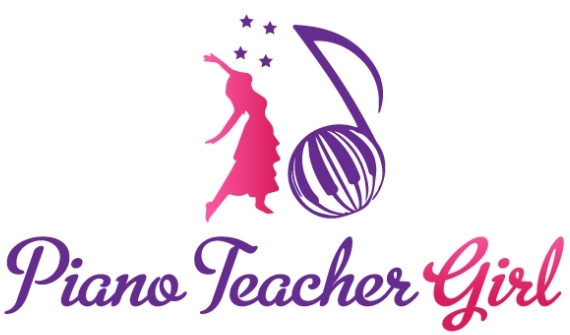So you or your child has been taking lessons for a while in one instrument, and things have been going well, but there is a desire to switch instruments. Why might this happen, and is it a good idea or not?
I’ll be addressing this as it applies to piano students wanting to switch to another instrument, because kids generally start taking lessons on piano and opt to switch, versus the other way around.
Taking piano lessons provides the tools to develop an incredible foundation as a musician. Not only does a pianist need to use both hands equally, but they are building skills to be able to read both clefs at the same time, which is necessary only for instruments with a similarly wide range namely marimba, vibraphone and xylophone. Most instruments read either one clef or the other, so they are somewhat at a disadvantage in that they tend to be able to read one quite well and the other one may look a bit foreign. So starting off with piano lessons really gives musicians quite an edge when it comes to their entire musical journey.
But say you or your student wants to switch instruments to something different. Is it a good idea to switch completely, or just add an instrument? The answer depends on your musical goals.
For a lot of students, playing the piano can be a wonderful thing. If there’s a piano sitting around a party, people might ask you to play and you’ll be instantly famous! For others though, piano starts to feel pretty solitary, and a student might see their friends having a good time playing in band or orchestra and want a piece of the action. On the one hand, playing piano is great because you can create the entire sound world by yourself. And on the flip side, practicing trombone without and accompanying orchestra can feel pretty dull. But, if switching to another instrument still seems like the right choice, ask yourself a few questions first:
Am I switching instruments because I’m bored of piano? If that’s the case, maybe trying some new repertoire would reignite the interest!
Am I thinking of switching instruments because the lack of the social aspect is outweighing the benefits? This might be true but think about how many keyboardists and jazz players end up forming life-long bonds with their bandmates and go on to tour all over the world (if they’re lucky!). And as I mentioned above, practicing is practicing and is solitary no matter which instrument you play.
Am I thinking of switching instruments just because I’m bored of learning music in general? Now this is a whole other can of worms, and if you or your child truly is bored of learning music, then switching to a new instrument isn’t guaranteed to make a big difference on that front.
Am I considering switching an instrument because piano feels too hard? Whoa there….just think about the exhaustion that can come from practicing a wind instrument or even the callouses that develop from a lot of guitar playing, and you might rethink switching instruments for this reason!
Bottom line, there are some good reasons to switch instruments, as long as you’re asking the right questions of yourself or your child. Once you answer the questions above for yourself, you will find the right answer as to whether it makes sense to switch instruments.
Here’s another idea altogether, why not add in the new instrument to your arsenal of musical growth? Only good things can about from being a multi-instrumentalist, Prince anyone??

